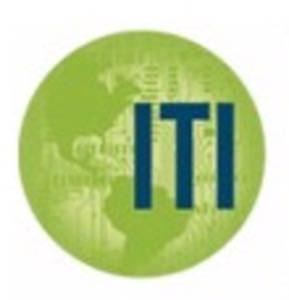A an industry group made of dozens of high-profile technology companies including Apple, Microsoft and Nokia, announced “significant progress” on its recommendations on how the Internet should be regulated.

It will be interesting to see in what ways how the recommendations from the Information Technology Industry Council will differ from the “policy framework” put forth by Verizon and Google last month that reaffirmed basic principles of an indiscriminate wireline Internet but made an exception for wireless.
ITIC is working on terms it says will “reflect a broad representation of providers and stakeholders” in the debate over net neutrality that broke out in May after a court case challenged the government’s authority over Internet service providers. The Federal Communications Commission is considering a regulatory change that will determine whether providers can prioritize data sent over the Internet.
Weighted toward a neutral Internet
Based on the ITIC’s member list, we’re expecting its proposal to be more – ahem – in the corporate interest than the one put forth by Google and Verizon, which at least called for enforceable neutrality rules. But there are a few companies in the group that could push the recommendations the other way.
ITIC includes cell phone handset makers Nokia and Research in Motion, which have an interest in a less-regulated wireless Internet, and Cisco Systems, which is likely to vote the same way due to its stake in networks that support wireless connections for objects and devices. Both companies signed a letter last year saying formal net neutrality regulations punish innovators, kill jobs and are generally more trouble than they’re worth.
The group also includes Apple, which has an established fondness for restricted channels. Another member is Microsoft, which last year told the FCC that broadband access providers should be able to offer tiered services, as long as the market is competitive. “The adoption of unnecessary or insufficiently tailored regulations, such as a prohibition on all types of discrimination, could have ‘the unintended consequence of limiting innovation and investment going forward,'” Microsoft wrote in a filing, citing the Information Technology and Innovation Foundation.
The group also includes infrastructure owners Qualcomm, Intel and Ericsson.
Skype, eBay may push things the other way
But there are a few more populist companies in the group. eBay has supported legislation in the past that would prohibit network operators from “replacing the robust open Internet with ‘Pay to Play’ private networks that will force out and discriminate against content and service providers that refuse to pay new tolls.”
Another member, Skype, has been called “one of the loudest voices for net neutrality from within the high-tech industry,” advocating for rules that ensure users can get access to whatever content and services they want on the Web, unfettered.
Lobbyists for ITIC started developing their own recommendations after talks between the FCC and the industry stalled and Google and Verizon released their proposal.
What do you think? Will ITIC’s recommendations end up being better for users than Google/Verizon’s recommendations – or worse?

















